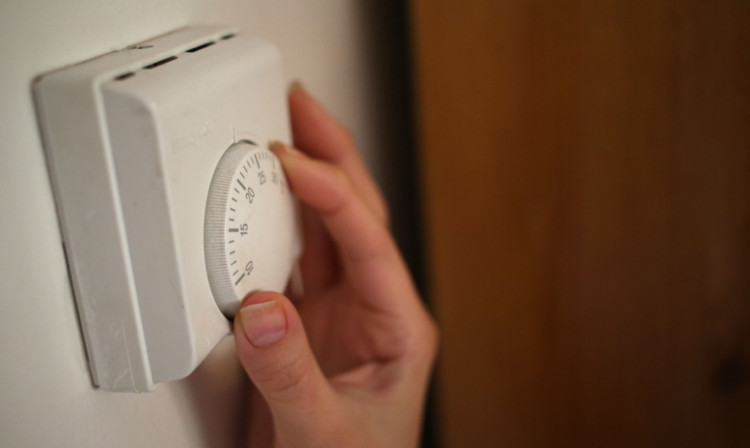Energy giant SSE is increasing gas and electricity prices by an average of 8.2%, the first of the major suppliers to announce a rise this autumn.
The company, which has around 10 million customer accounts, blamed the increased cost of buying and delivering wholesale energy as well as Government levies collected through bills.
It said the latest increase, which is three times the rate of inflation, would come into effect from November 15.
SSE, which trades as Southern Electric, Swalec and Scottish Hydro, said the hike equated to an average £2 a week for a typical dual fuel customer.
Will Morris, group managing director of retail, said: “We’re sorry we have todo this. We’ve done as much as we could to keep prices down.
“But the reality is that buying wholesale energy in global markets, delivering it to customers’ homes, and Government-imposed levies collected through bills – endorsed by all the major parties – all cost more than they did last year.”
The company pledged not to put up tariffs again until a year from now.
SSE last put up bills, by 9%, a year ago. Its retail operation serving household customers saw profits increase 28% to £410.1 million in the year to March as gas consumption increased by a fifth during a period that included a bitter winter.
Overall pre-tax profits were up from £1.34 billion to £1.41 billion.
But in a trading update last month, SSE revealed it made a loss on its retail operations over the summer after wholesale gas prices rose.
Now it says it has been forced to raise tariffs as the price of buying energy in global markets has risen by 4% for a typical dual fuel customer, while paying to use upgraded electricity and gas networks is 10% more expensive.
Meanwhile, it said Government-imposed levies on bills have risen 13%.
Rising energy bills have become a key political issue after Labour leader Ed Miliband pledged that he would freeze tariffs if elected Prime Minister.
There has been increasing speculation that a number of the major energy suppliers were preparing to put prices up this autumn.
Chief executive Alistair Phillips-Davies has previously said that the solution to bringing down prices would be to remove “stealth taxes” on bills which fund low-carbon energy and efficiency schemes.
